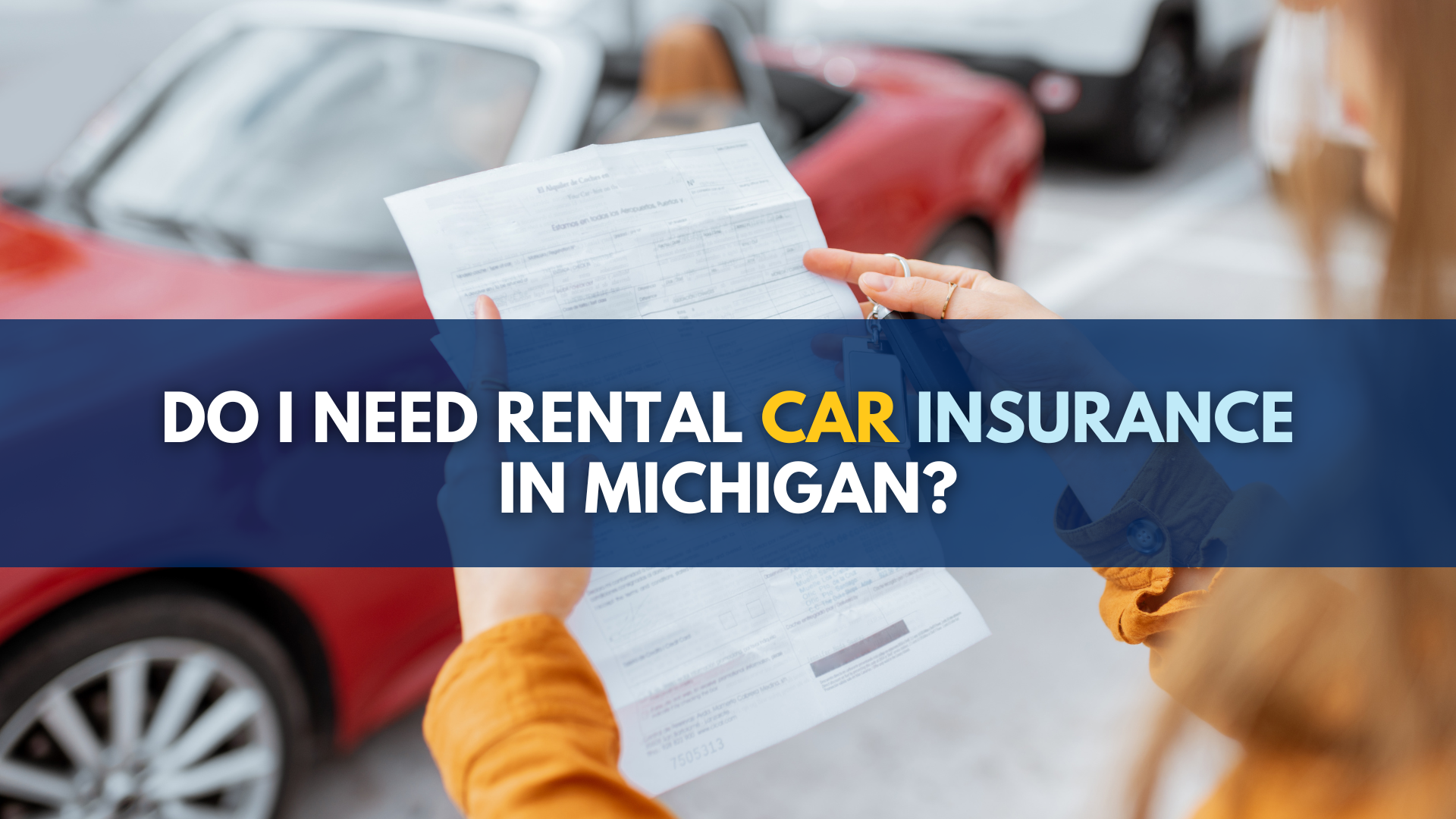Uncertainty of payment and insurer harassment under Duggan-Leonard-Theis No Fault plan will scare doctors away from treating injured auto accident victims

I’ve called House Bill 5013 — the Duggan-Leonard No Fault reform plan — an insurance company-written bill. One reason is that it gives auto insurance companies a litany of new excuses for delaying and denying payment of doctor’s bills. It also subjects doctors and medical providers to new levels of harassment by claims adjusters.
As a Michigan auto accident attorney, I’ve written previously about how insurance companies have been targeting specific types of doctors who treat auto accident victims to deter them from seeing and rendering care for these people. These insurers are deliberately making it harder for doctors to be paid for rendered necessary medical care, hoping these doctors and medical providers will be deterred from accepting these innocent and injured people as patients. There are today entire areas of Michigan where a car accident victim cannot find qualified medical providers to provide medical care.
Will Michigan doctors be getting paid for their medical services — or will they be getting pain?
In this Auto Law blog and on the radio, I’ve talked about how the plan — backed by Detroit Mayor Mike Duggan (former CEO of the Detroit Medical Center), House Speaker Tom Leonard (R-DeWitt) and House Insurance Committee Chair Lana Theis (R-Brighton) — will threaten auto accident victims’ access to necessary health care by forcing them onto health insurance plans, Medicaid and Medicare.
But what I’m talking about today is insurance company malevolence of a much more insidious but very deliberate nature:
Scaring doctors away from caring for and treating Michigan auto accident victims threatens those victims’ access to necessary medical care.
In today’s blog post, I’ll discuss how Detroit Mayor Mike Duggan and House Speaker Tom Leonard’s HB 5013 creates uncertainty, new obstacles, and new hardships for doctors and hospitals to be paid for treating auto accident victims by:
Providing insurers with an expansive list of new ways to deny and delay payment; and making it harder for doctors’ and auto accident lawyers to sue auto insurers for overdue, unpaid medical bills.
My follow-up blog post shares how the Duggan-Leonard-Theis No Fault reform plan empowers car insurance companies to harass doctors and hospitals by:
Demanding that payments be refunded; prohibiting doctors from charging for their services; filing criminal charges; denying or delaying payment of medical bills because a doctor “improperly overutilized” or inappropriately charged for services; and requiring doctors to explain in writing “the necessity or indication for treatment, products, services or accommodations provided.”
HB 5013 is an insurance company written-bill, so we shouldn’t be surprised it makes it easier for insurance companies to deny care
So what’s the point of the Duggan-Leonard-Theis plan making it so difficult and unrewarding for doctors and hospitals to treat car crash victims?
Initially, it’s to scare off the doctors whose experience and expertise are essential to a car crash victim’s care, recovery and rehabilitation.
How could No Fault reform help insurers avoid paying Michigan doctors’ medical bills?
For an auto insurance company looking for a way to deny and/or delay paying medical bills for a doctor or hospital who’s treated a car crash victim, the Duggan-Leonard-Theis plan supplies just what the insurer is looking for.
Specifically, the new “excuses” available to auto insurers under HB 5013 include:
- The doctor’s claimed “charge” for medical services or treatment “is not related to or necessitated by the [car crash victim’s] injury covered by the personal protection benefits.” (HB 5013, Page 29)
- The doctor did not “timely submit” to the auto insurer “all information relating to” his treatment, services and/or charges. (HB 5013, Page 51)
- The doctor did not submit “all information” that’s required, which includes, but isn’t limited to: “(a) Diagnoses. (b) Scans and x-rays. (c) Notes of physicians, nurses, and other providers. (d) Progress, psychiatric, or other notes. (e) Patient history and physical reports. (f) Reports and records relating to consultations, autopsies, operations, laboratory work, surgeries, recovery room activities, and electroencephalograms. (g) Incident, triage, and pharmacy reports and records. (h) Documentation relating to therapy, including, but not limited to, intravenous therapy, occupational or physical therapy, respiratory therapy, and speech therapy. (i) Documents relating to billing and forms and documents relating to the computation of charges and billing, including, but not limited to, Form CMS-1450, Form CMS-1500, and Form UB-04. (j) A determination of an emergency medical condition or related emergency care.” (HB 5013, Page 52)
- The doctor’s bill, for which he or she seeks payment under No Fault, “is based on the use of false or misleading records or information.” (HB 5013, Pages 52-53)
- The doctor’s bill, for which he or she seeks payment under No Fault, involves “a treatment, training, product, service, or accommodation that is not usually associated with, is materially longer in duration than, is materially more frequent than, or extends over a materially greater number of days than that treatment, training, product, service, or accommodation usually required for a patient with the diagnosis or condition of the” car accident victim that the doctor has treated. (HB 5013, Pages 53)
- The doctor failed to provide “specific written justification of the medical treatment, training, product, service, or accommodation” that is described above. (HB 5013, Page 53)
- The doctor had been “provided” “evidence” that “indicates that the treatment, product, service or accommodation” provided to a car crash victim “was not medically necessary given the physical capabilities of the injured person.” (HB 5013, Page 53)
- The doctor’s claimed “charge” is “more than” the “amount payable” under HB 5013’s Medicare-based fee schedule. (HB 5013, Pages 50-51)
- Doctors may never be able to collect on their bills because even if the auto insurance companies ultimately agree to pay, HB 5013’s measly, woefully inadequate $25,000 No Fault cap may be totally depleted and, thus, there won’t be anything to pay the doctors’ bills with.
- The auto insurers are effectively immune from liability for non-payment of No Fault medical benefits because doctors don’t have the legal right to go to court and sue car insurance companies for their unpaid medical bills. Although it preceded HB 5013, the Michigan Supreme Court’s ruling in Covenant v. State Farm (#152758, May 25, 2017) established that “healthcare providers do not possess a statutory cause of action against no-fault insurers for recovery of personal protection insurance benefits under the no-fault act.”


